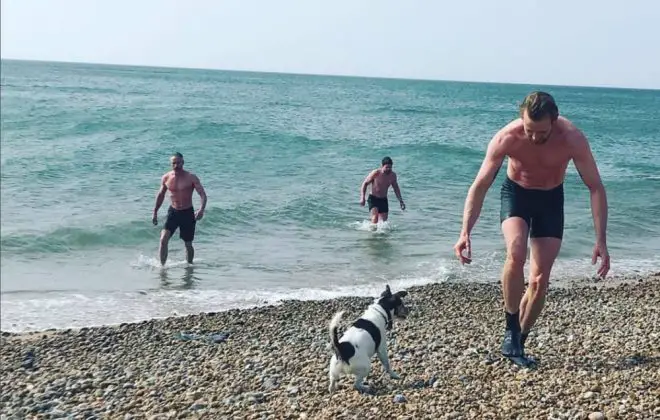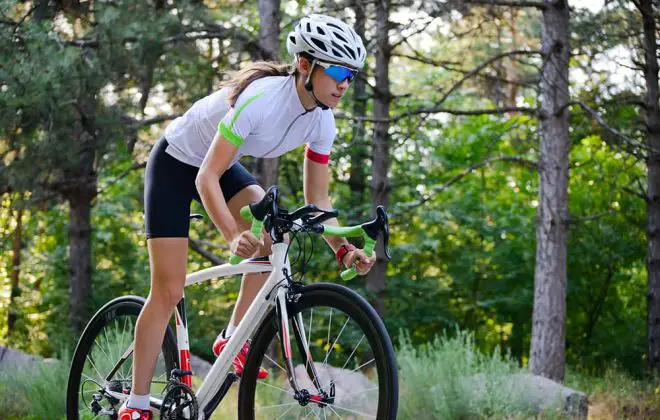How To Avoid Getting Sick In Winter – 19 Tips For Athletes To Stay Healthy
Wintertime is tricky for athletes. In most of the world it’s cold, dark, wet and slushy, but above all, there are tons of bacteria flying around and looking to bring someone down. How to avoid getting sick in winter is a popular question among athletes, so in this post I’ll share some of the tips to stay healthy and get stronger for the upcoming season.
Have you noticed that some of the people never get sick? Or, on the contrary, some who always catch a cold or come down with a flu when it gets chilly outside?
I have a friend who used to catch a cold at the end of every season. It got to a point where we could predict exactly when or after which session that will happen.
Catching a cold is frustrating. Especially after working so hard all year to get in a great physical condition. There we are, feeling good about ourselves, making plans for the next season (or are in the middle of one) when the cold or flu erases weeks of progress. Always at the wrong time.
So, what can one do to stay healthy? How to minimize the risk of catching a cold and missing a couple of weeks of training?
How to avoid getting sick in winter
Athletes walk a tightrope on a daily basis. On one side they push themselves to improve and reach peak condition. On the other side – that extra stress from training puts more load on immune system making it operate less efficiently.
White blood cells should be fighting bacteria. Instead, they are busy fighting cortisol released in response to stress – physical or mental.
On top of that, winter is the season when the weather gets cold. Body spends more energy to stay warm and – as everyone gets sick – requires even more energy to fight bacteria and stay healthy.
In colder months getting sick might be a result of just one session done too hard.

Everybody already carries bacteria that can potentially bring illness. It’s about whose body is effective at neutralizing them. So, the way to stay healthy throughout the challenging season is to optimize the energy and support the body as much as possible.
People tend to take their health for granted. Often they don’t pay much attention to such nuances as minimizing external stress factors or eating a ‘clean’ diet. Athletes – with their grueling training schedule – don’t have such luxury and must look for every detail to maximize performance.
Scroll down for specific tips how to avoid getting sick in winter.
Training tips for athletes to avoid getting sick in winter
Athletes usually follow a training plan that dictates what kind of sessions they need to complete.
While that training stress cannot be avoided, there are couple of tricks that can help ensure we don’t put our bodies through more than they’ve signed up for.
#1 Wear appropriate clothing
The first rule of winter training is to always dress for the occasion. Don’t over dress and don’t under dress – simple as that. Being either cold or hot during the exercise in winter is equally bad. It puts more stress on the body and drains the energy from immune system.
Frequent mistake athletes make is that they dress based on how they feel before the training session, not how they’d feel during. As a result, they over dress and risk overheating.
Also, even if you’re not used to it, better wear a hat during winter. Head is the most sensitive and vulnerable part of the body – not covering it can easily lead to runny nose or even a flu.
#2 Don’t keep wet clothes on for long
After the training session try to change into dry and warm clothes as soon as possible.
As the body cools down following the exercise, wet sweaty clothes will quickly become cold. That will drive body temperature down much more than it should go, narrow blood vessels and prevent white blood cells from combating cortisol and infections effectively. As a result, it’s very easy to get sick.
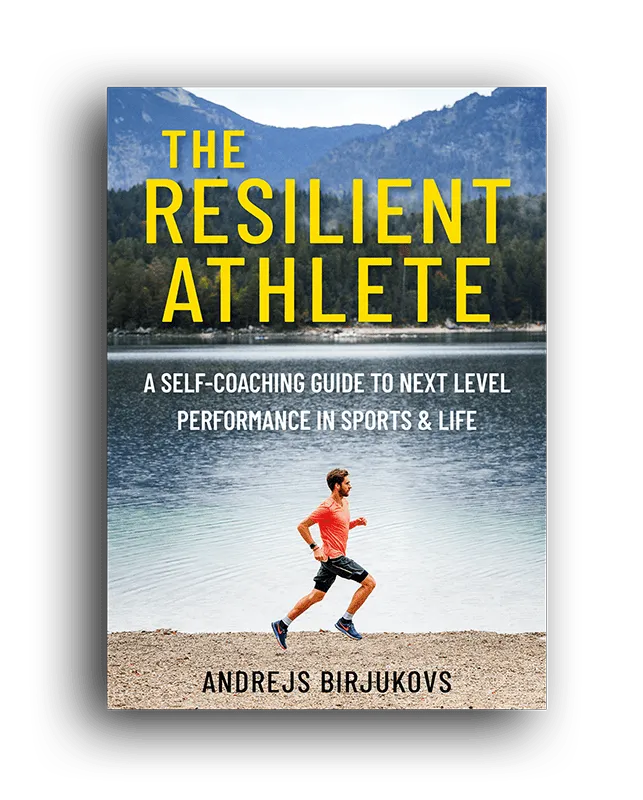
The Resilient Athlete
A Self-Coaching Guide to Next Level Performance in Sports & Life
Are you aiming to become a resilient athlete who is able to withstand any pressure? Be able to jump on any opportunity? Take any challenge life throws at you head on?
Then this book is for you.
Learn more#3 Warm up indoors
For most of the world winter is typically cold. Or at least cold enough to feel it while wearing training clothes. Those first 10 minutes of the session when the body temperature hasn’t risen yet is just enough for viruses to spread.
In wintertime it’s safer to do all preparatory exercises and warm the body up indoors. It helps to avoid that initial shock response as we step outside and minimize the stress on the body to adjust to cold weather.
Read also: How To Measure Post Workout Recovery And Avoid Accumulated Fatigue
#4 Move hard sessions indoors
Hard training sessions (like interval training or time trials) tax our reserves more than anything else that we do. They require a lot of energy and promote the release of cortisol, which weakens immune system.
What happens when we do hard repetitions outdoors is that the body cools down a lot during rest period. As the body is weakened by intensity and dressed in wet sweaty clothes, just one blow of wind can push it over the edge.
Better do intense training indoors while the weather is cold or windy. On a bike trainer, treadmill or just a solid strength session in the gym.
It’s ok to do easy training outdoors, though. We need as much low intensity exercise as possible to promote blood circulation to effectively fight bacteria.
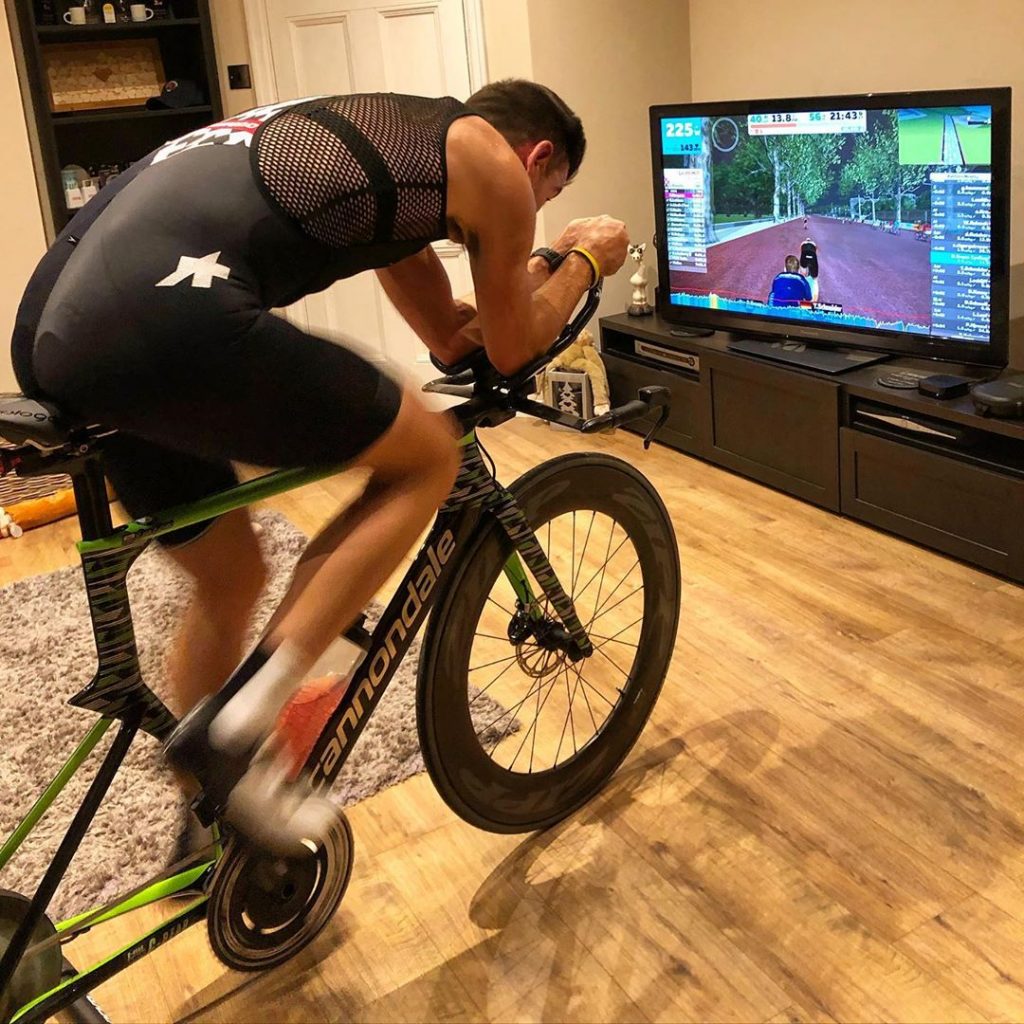
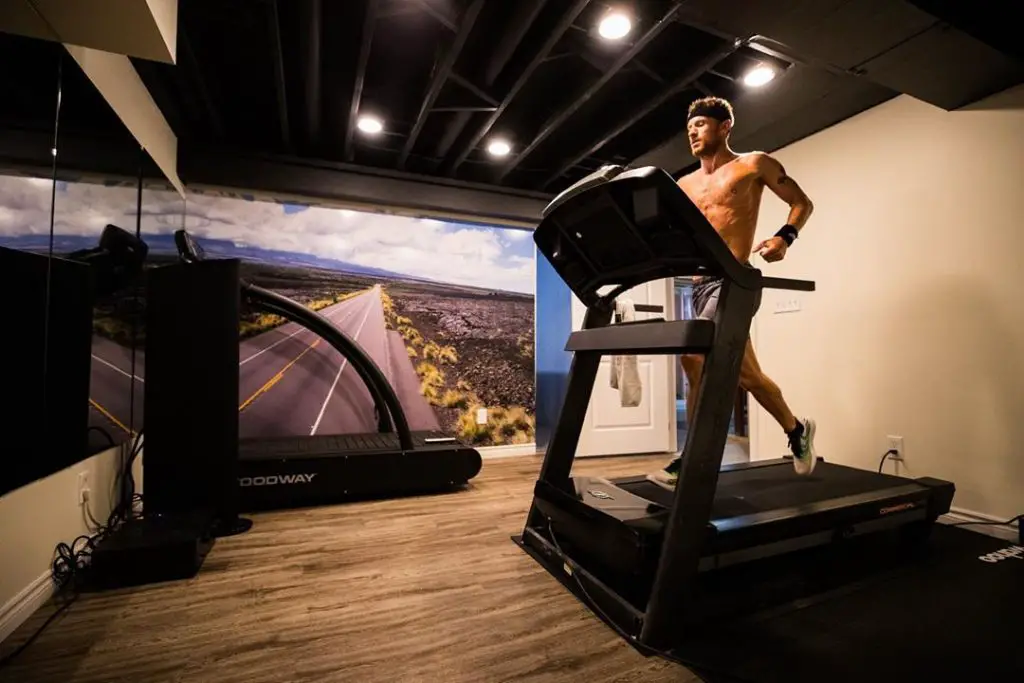
#5 Breathe through the nose
During harder efforts we tend to breathe more through our mouths than our nose, because we need more oxygen.
That doesn’t let the air to get heated up (compared to breathing through the nose) before coming into our lungs. As a result, athletes risk breathing in too much cold air, which promotes the spread of infection.
Try to breathe through the nose as much as possible. It has a specific internal surface that helps to filter bacteria and prevent them from getting lower into the body (like throat or lungs).
Athletes should exercise most of their time at low intensity and nasal breathing is a good indicator that athlete does so.
Typically when a person cannot maintain a converstaion and struggles to complete a sentence, he’s already exercising at moderate intensity (Zone 3).
Nutrition tips for athletes to avoid getting sick in winter
Now that we ensured we don’t waste precious energy during training, it’s time to move to nutrition.
The way our body performs is mostly affected by what we eat – the same is with immune system. Athletes should be careful with what they put in their bodies, especially during the times when it’s already working overtime.
#6 Make your diet less heavy
Consuming large or heavy meals (i.e. big in size or containing lots of protein) puts a lot of pressure on the digestive system. It is not the most efficient way to get nutrients, because it takes a lot of time to process and drains the energy instead of providing it.
If you feel sleepy or tired after a meal that’s a signal that the body requires more energy than is available.
Instead, reduce the stress on the body by switching to smaller but more frequent meals. Add in a couple of healthy snack times in between breakfast, lunch and dinner to distribute the food more evenly. Meals like salad bowls, granola, homemade energy bars are great options.
Read also: Top 10 Endurance Athlete Diet Mistakes And How To Avoid Them
#7 Consume less inflammation-promoting foods
Inflammation is the body’s natural immune response to a stressor, like injury, infection, toxins or even mental stress. It’s like an emergency state for the body during which it works hard to fix the situation.
When we don’t eat right and have too much stress, the body responds by triggering inflammation.
That emergency state puts the body on high alert, draining energy, slowing down muscle recovery and even promoting the growth of many diseases. Too much of it across the body has the power to transform any small bacteria into a full-scale illness.
There are a couple of food groups that promote inflammation – minimizing those in the diet is a great way how to avoid getting sick in winter:
- Refined sugars
- Animal foods
- Trans fats
- Omega 6 fats
- Gluten
- Alcohol
#8 Add turmeric and olive oil to your diet
Turmeric and extra virgin olive oil have powerful anti-inflammatory effect on the body and are great natural alternative to anti-flu medicine. Consuming those on a regular basis helps to both prevent illnesses and cure existing ones.
Turmeric is best consumed together with black pepper, as it aids its absorption. Mix half a teaspoon of ground turmeric root (or spice) with 1/4 of a teaspoon of ground black pepper and drink up with a cup of water.
As for olive oil, make sure you choose cold pressed extra virgin olive oil. Add it to everything you eat (in salads, on toasts & vegetables, on popcorn, etc.) or drink a tablespoon just like that. Doing so will help to regulate blood sugar and feel full for longer.
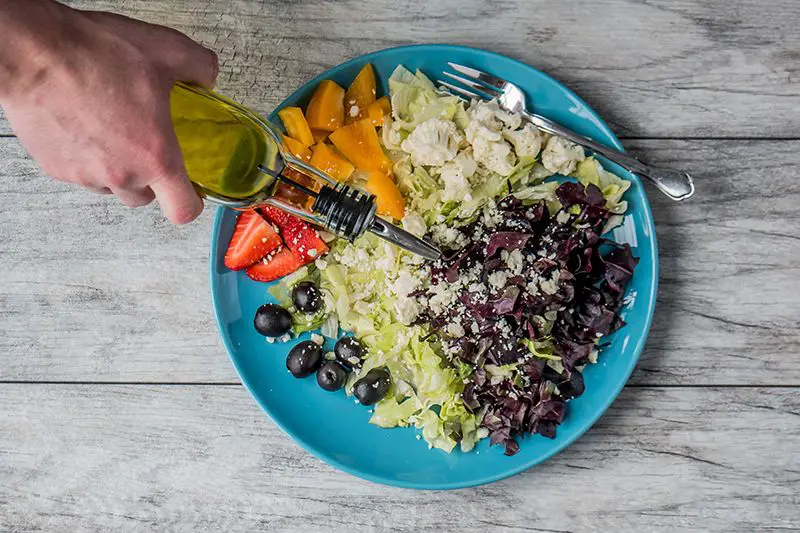
#9 Eat good fats
Consuming more fat in the diet is a great way for athletes to stay healthy and become leaner.
Besides giving food flavor, fat keeps the arteries ‘oiled’, promotes blood flow, provides the feeling of fullness, helps to regulate blood sugar and avoid insulin spikes. That results in more stable and lasting energy levels, less food cravings and less overall fatigue (due to lesser cortisol release).
But not all fats are created equal. In particular, Omega 6 fatty acids (meat & dairy) and trans fats (fried fast foods) raise inflammation across the body, whereas saturated fats (meat & dairy) increase the levels of LDL (bad) cholesterol.
The best way to limit the amount of bad fat in your diet is to transition to a more plant based diet. It’s much more balanced in nutrients and is a great boost for recovery.
Instead, include as many good fats in the diet as possible. Avocados, nuts & seeds (especially flaxseeds high in Omega 3), olive oil. These help to lower the LDL (bad) cholesterol and increase HDL (good) cholesterol.
#10 Load up on anti-oxidants
As the body processes food and reacts to the environment it creates unstable molecules called free radicals. These are waste substances that ‘steal’ electrons from other molecules, essentially causing damage to cells.
Antioxidants that are found in certain foods may prevent some of the damage caused by free radicals by neutralizing them, which supports the immune function. Below are some foods that are most antioxidant-charged:
- Berries – blueberries, strawberries, raspberries, goji berries
- Kale & spinach
- Dark chocolate
- Beets
- Natural honey & maple syrup
Blueberries in particular are loaded with anti-oxidant and is one of the best ways to reduce muscle soreness after a training session.
#11 Chew garlic
Garlic works as a natural antibiotic and stops the growth of certain bacteria. That helps immune system to resist illnesses like cold & flu.
When garlic is crushed or chewed it produces allicin that boosts the disease-fighting response of some types of white blood cells.
#12 Eat as many colors as possible
One of the most important things for athletes to ensure effective recovery is to get all required nutrients – vitamins & minerals – with their food. It’s especially important during winter when the body needs all energy and support it can get to fight diseases.
Even a slight vitamin deficiency has a negative effect on mood, energy, performance, ability to focus, and body’s ability to effectively fight bacteria.
The best way to ensure the body receives enough vitamins and minerals is to stock up on fruits & vegetables and eat as many varieties of those as possible. Typically, for each of the meals these should form half of the plate.
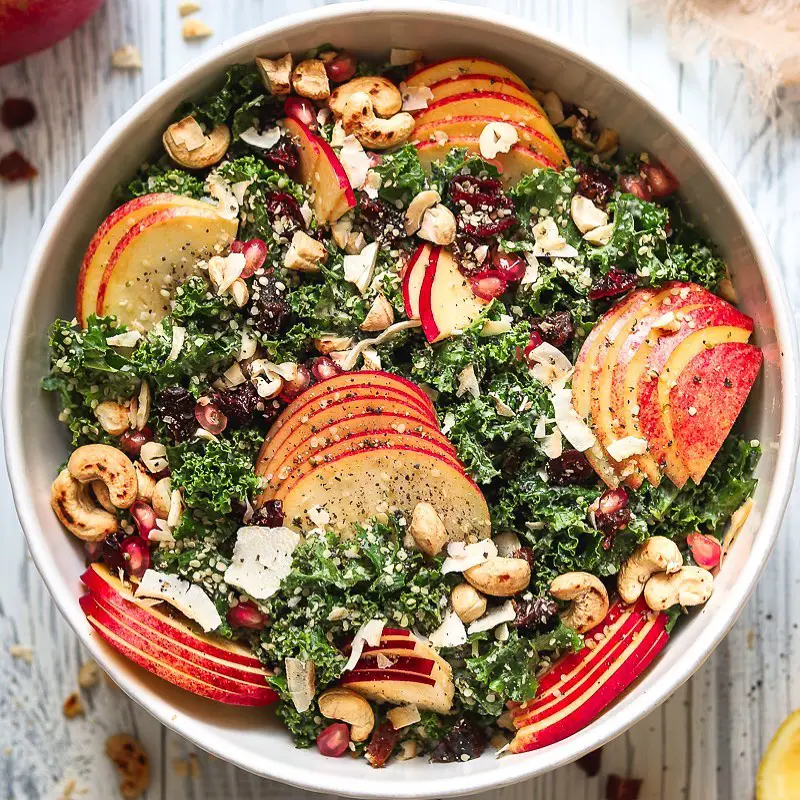
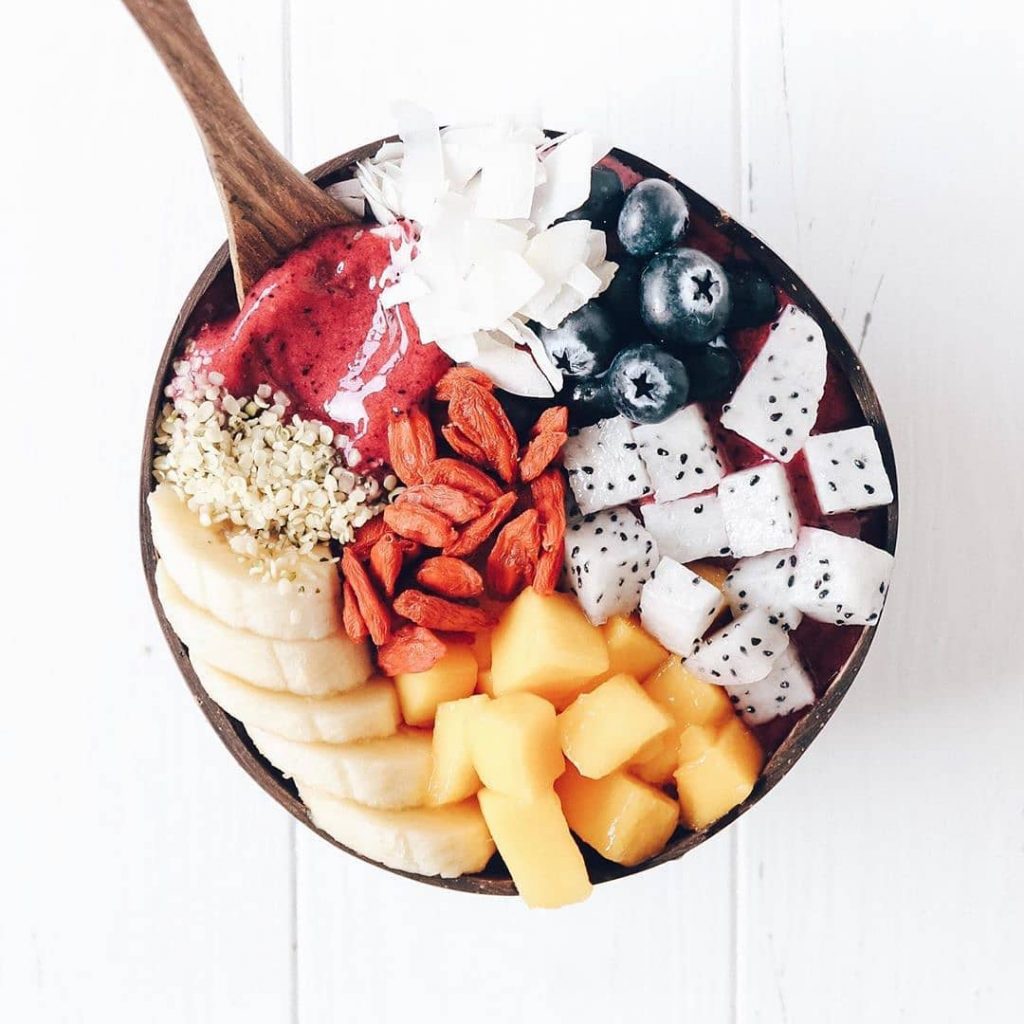
#13 Hydrate well
Water is the key ingredient in the production of energy, which is why staying hydrated helps the body operate more effectively. On top of that, drinking more fluids helps the body to flush out toxins, which aids in reducing inflammation.
Dehydration, on the other hand, promotes the spread of bacteria & infections and should be avoided.
Aim to drink more than 1.5 litres of water per day. To maintain electrolyte balance a good idea is to add salt and a splash of lemon to the water as well.
General health tips for athletes to avoid getting sick in winter
The difference between athletes who don’t get sick and those who do comes down to the way they support their bodies outside training. Healthy athletes try to minimize non-training stress on the body to optimize energy.
Not only their immune system combats bacteria more effectively, but healthy athletes also recover from training much quicker.
Below are also some other things and home remedies that athletes can do to avoid getting sick in winter. Or once the weather gets cold.
#14 Rinse the nose with salt water
One non-standard way how to avoid getting sick in winter is to cleanse the nose with salt water. It helps to clean the nasal path from the nostrils to the throat, which has tons of benefits – from making the breathing easier to reducing the impact from infections and allergies.
The reason for this seemingly bizarre activity is simple. Our nose plays a vital role in filtering out all bacteria that we breathe in and prevents them from spreading down into our organs (where they can do more damage).
In Ayurveda this ‘health hack’ is actually quite popular. It’s called Jala Neti and is a daily practice that helps to cleanse bacteria, dust and other particles trapped along with the mucus in the nostrils.
#15 Follow personal hygiene
Good personal hygiene is essential to stay healthy. After all, the less bacteria we will allow into our bodies, the lower will be the risk of becoming sick.
So, shower regularly, brush your teeth, trim your nails and, most importantly, wash hands as often as possible. When not possible – use a hand sanitizer.
We spend a lot of time on a daily basis with other people and in crowded spaces, so the amount of bacteria we interact with is quite high. When we don’t wash our hands frequently all bacteria from things we touch get into our body. After we touch our face, of course.
Read also: 19 Travel Tips For Athletes To Prevent Travel Fatigue & Beat Jet Lag
#16 Sleep well
Sleep is the most powerful recovery tool for athletes. It’s the only time when the body is in the state of complete rest and is able to rebuild muscle damage, ‘reboot’ nervous system, reduce stress and inflammation, as well as normalize hormonal balance.
However, it’s important to keep in mind that while many people suffer from a mild chronic sleep deprivation, staying in bed longer is not necessarily better. It’s the quality of sleep that matters as well.
Go to bed early, don’t overeat at night, sleep in a dark room and on clean bed sheets. These and other tips will help to significantly improve the quality of sleep and provide more energy for the body.
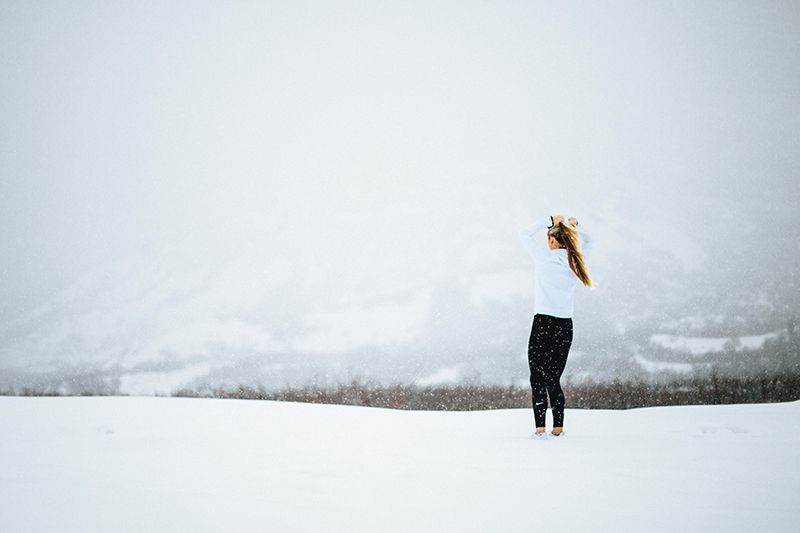
#17 Get outside as much as possible
Even though it’s cold outside, make the effort and spend as much time outdoors as possible. Our body needs oxygen and vitamin D to operate effectively and during winter it cannot get enough of both.
In winter days are short (less sunlight) and that little time there is left people typically spend indoors (home, office, car, gym) because it’s cold. Instead, try to get outside at any opportunity – go hiking on weekends, take a walk break, do a short run at lunchtime.
There’s no bad weather, just inappropriate clothing.
Another option is to take a vacation somewhere warm. Even a week spent in warmer climate can help the body to stock up on vitamin D and supercharge immune system.
#18 Go to a sauna
If you have the option, go to a sauna on a frequent basis (i.e. once per week). It helps to sweat out all the toxins and, therefore, support immune system.
Don’t make it too hard on yourself, though. Don’t sit in a very hot room until you see black spots and don’t jump in the freezing pool so many times that you’re too ‘relaxed’ to walk.
Much like with hard training – the key is moderation. We don’t want to put excessive stress on the body that will require extra energy to recover.
#19 Slow down
Winter is the time to be careful with the health and avoid overloading the body. Which is why it’s important to review if there are any areas that drain energy – maybe there’s too much mental stress in life or too many other commitments to make it to.
It might be a good idea to hit a pause on some activities to give the body extra time to recover.
A cold or an illness is the body’s natural way of telling us that it approaches its limit. When the body operates at max capacity for a long time even one training session or a walk without a hat can be what puts it over the edge.
So, if you feel you’re getting tired – take a break. Don’t schedule too much into your agenda. Lower your pace of life for a while – at least until the body recovers and you feel better.
Did you find this information useful? Share the post with others using the buttons below.
Have an opinion? Share via links below and tag @theathleteblog
Tags In
Andrejs Birjukovs
GET A FREE TRAINING PLAN
Subscribe to my email list and get access to a free 4-week “back in shape” training plan
You’ll also get two full-body strength sessions and some other goodies!
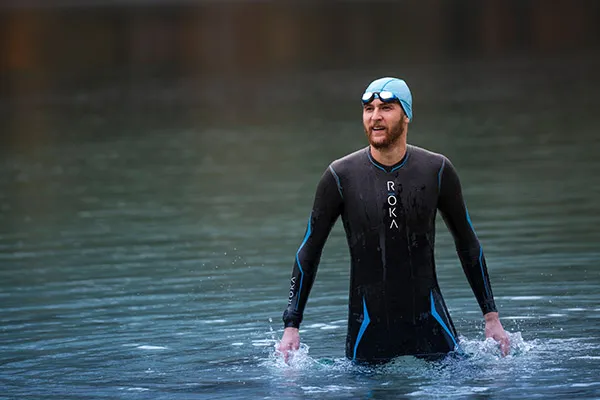
How did I get here?
Hey there! My name is Andrejs and I am here to inspire, entertain and get you fit for any adventure.
I went from being an over trained pro athlete to an endurance coach sharing how to listen to your body and live life to the fullest.
Traveling, new sports & activities brought new meaning to my training and made it much more effective, fun and enjoyable. And I'm here to help you do the same.
